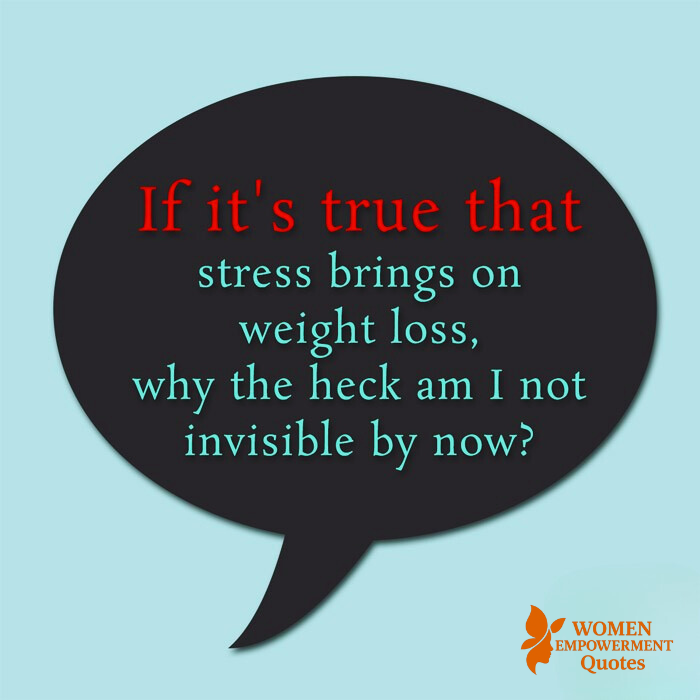
The Illusion of Disappearing Through Stress
We often hear that stress can lead to weight loss. And in the depths of emotional exhaustion, some wonder: If that were true, wouldn’t I be invisible by now? The truth is, while stress may temporarily suppress appetite through hormones like cortisol and adrenaline, its long-term effects tend to be far more complex—and heavier.
In moments of acute stress, our bodies prepare to fight or flee. But chronic stress is a different story. It doesn’t come with a finish line. Instead, it lingers—often leading to emotional eating, disrupted sleep, and increased cravings for sugar and fat. Rather than shrinking under pressure, many find themselves gaining weight, especially around the belly—thanks in part to prolonged cortisol exposure.
The real burden isn’t the number on the scale. It’s the emotional weight we carry—worries, fears, unresolved pain. That’s not something you shed by skipping meals or pacing the floor at night. Healing doesn’t come through stress; it comes through presence.
The Neurology Behind the Cravings
Our brains play an enormous role in this story. When stressed, the hypothalamus releases signals that lead to cortisol production—originally a survival mechanism. But in today’s world, threats aren’t tigers in the wild; they’re deadlines, conflicts, and constant overthinking.
Cortisol not only fuels cravings for high-calorie comfort food, but it also encourages fat to settle around the midsection—visceral fat, which increases the risk of heart disease and diabetes. Meanwhile, our reward systems—those wired-in dopamine and serotonin circuits—seek out fleeting pleasure, reinforcing unhealthy patterns like emotional snacking.
It’s a cycle. And it’s invisible. But it’s real.
Finding Freedom Beyond the Scale
So if stress won’t make us disappear, what will?
Self-care. Mindfulness. Reclaiming joy in movement, not punishment. Eating to nourish, not to numb. Reaching out to people who make us feel seen. Most importantly, choosing to see ourselves—not as broken or burdened—but as worthy of healing.
Your strength isn’t in how little you weigh, but in how deeply you choose to care for yourself—even when life feels heavy.
Because the real weight is not in our bodies—it’s in our hearts. And that, too, can be lifted.